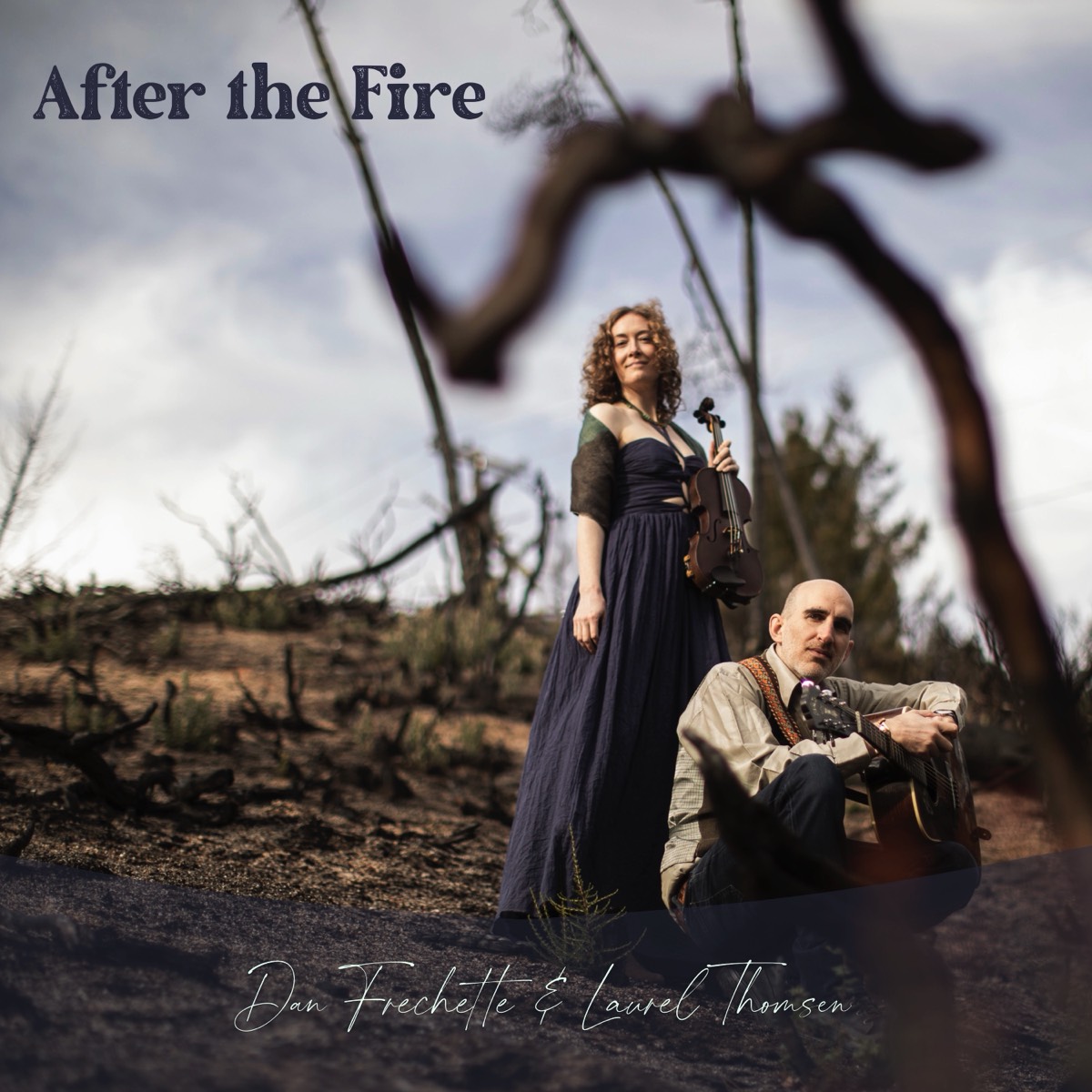This question came from the violin teacher of an intermediate student struggling to memorize her first more complex and lengthy solo piece. Trying and failing to memorize the piece was causing the young teen a lot of stress and the parents were starting to question whether memorization was necessary, especially since the student didn't anticipate pursuing music as a career. The teacher wondered if she should back off on the idea of memorizing the piece, or if she should push ahead and keep trying to convince the student and her parents that memorization is an important skill that is worth working for.
On the one hand, memorization necessitates internalization, which helps lead to artistry. We can get better at hearing and modifying what we actually sound like while reading sheet music too, but probably not to the level that opens up to us once we're completely free of the page.
Whether or not a student continues to play music in adulthood, it could be argued that memorization is a traditional part of learning to play the violin, a critical point in the polishing process, and is worth pursuing because: 1) it may point to a deeper issue in a student's mental approach to playing, practicing, and/or preparing, which could affect other areas of learning and in turn, whatever future career the student pursues 2) it teaches determination and fortitude, assets to success in any career 3) if the student gives up now she may go away believing that she's a failure in this area and shy away from other opportunities and experiences that might require memorization, or simply start to think of herself as less and less capable, as other areas of life inevitably also don't come as easily as she thinks they should.
However, in this instance, when memorization is causing so much stress and frustration, and on the threshold of a student entering high school, a notoriously risky age when many students quit, it also may not be worth forcing. All teachers deal with these moments where what is best for all students in the grand scheme of things, is not the best choice for the particular student standing in front of us. We don't want to be too lenient and let things slide, but at the same time, we don't want to be so strict that we turn our student off to playing music forever.
In any case, when students have a hard time memorizing, in my experience they usually can't audiate the piece (imagine/hear internally), or they have at least a few black holes - certain notes, rhythms, or phrases that are missing or not imagined correctly. This usually points back to how much time the student has spent listening to recordings of the piece they're trying to learn, sitting with the sheet music, humming along, etc.. If they can't imagine the song playing in their head, their memorization must be based around either perfect muscle memory or trying to create a kind of photographic memory. Neither are a very reliable or even achievable basis for developing musical memorization. I encourage my students to count at least some of their listening time as "practice" to help them remember to make time for it. It's a valuable part of the learning process. For more on audiation, please check out my past posts "Simple 4 step audiation procedure to clean up intonation" and "Student Question: I think I might be tone-deaf. Can I still learn to play the violin?" as well as my Violin Geek Podcast episode Conscious Listening.
Students may also not grasp the structure of the piece, and as basic as knowing that sounds, we would do well to take a few minutes and label the main theme, each secondary theme, and any repeated parts or theme variations. Repeated sections are a huge boon to the memorization process! Three pages suddenly becomes more like one and a half... Just realizing that some phrases do repeat can be the breakthrough students need to keep going!
From there, we should consider the mood of each theme and label the part with a few key adjectives, or maybe even develop a storyline around the music. Putting the music in context like this not only helps the melodies stick better, but it also helps immensely for students struggling with intonation, accidentals, and/or forgetting the key signature and reverting to finger patterns that are more familiar - just a few out of tune or wrong notes can take us from major or minor, or vice versa, and a completely different mood! Music suddenly becomes more alive and personal, and we have something to hold onto other than just the mechanics of playing it.
Finally, many students may not have a strong mental map of the fingerboard and might need to fish around a lot to discover the notes and intervals they hear. Once we can imagine the pitches across the fingerboard, even before we play them, if we hit a wrong note while playing from memory we can adjust more quickly to the right note. Recovery rather than derailment suddenly becomes possible. This can alleviate a lot of the anxiety around memorization. Time spent figuring out familiar tunes by ear (that a student can sing/hum without any difficulty) and in different keys can help develop all of these skills immensely and builds self-esteem at any age and level.
All this said, in this situation, I would work with the student on building the skills mentioned above and focus any memorization efforts on shorter pieces for the time being. Once the student is having some success there we could revisit memorizing a longer work, as a summer project perhaps, when the burden of school, youth orchestra, and other after school activities isn't so overwhelming.
For more tips on memorization, please also check out my Violin Geek Podcast episode "Memorizing Music."

